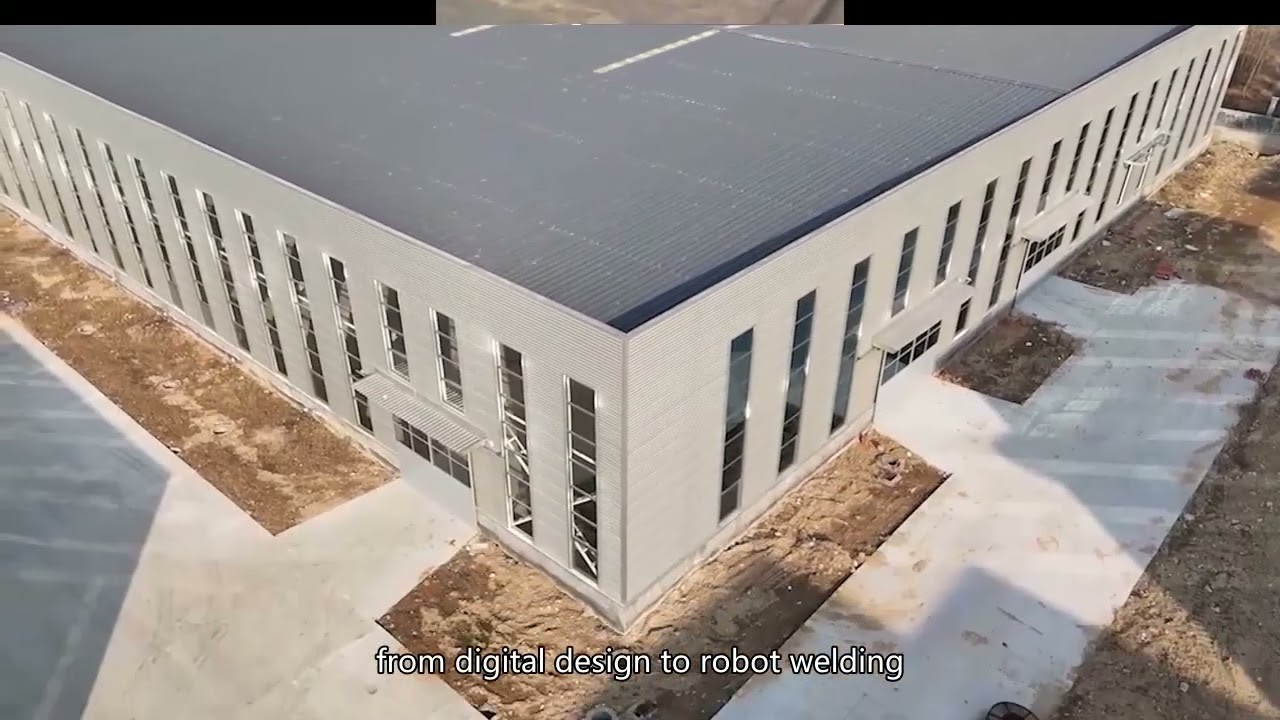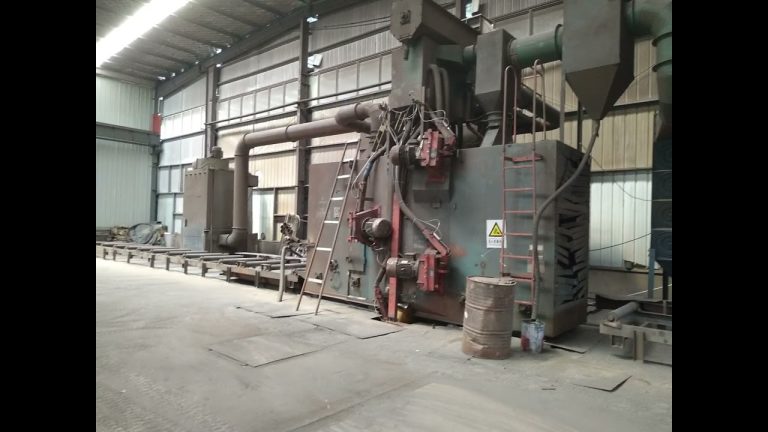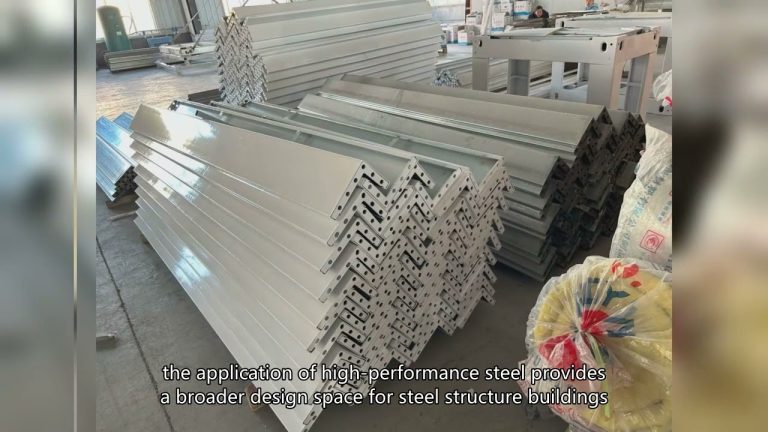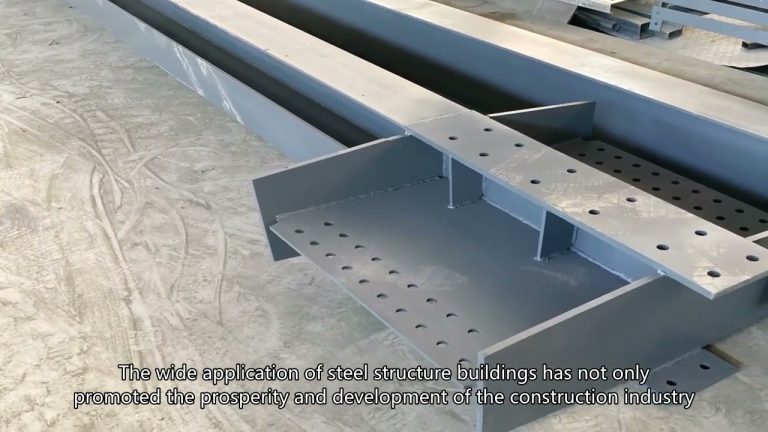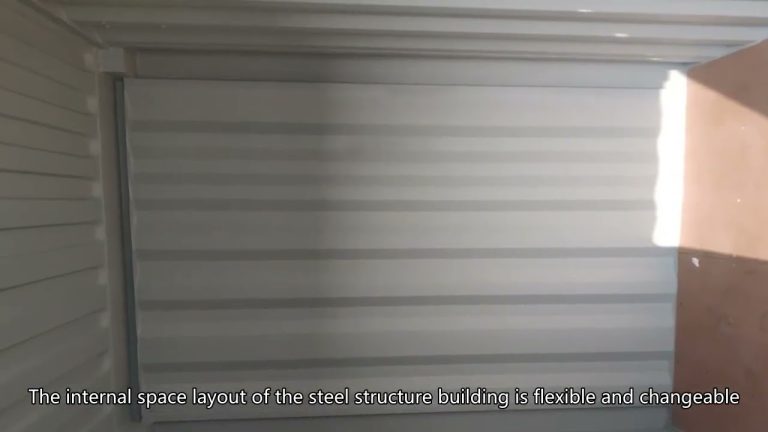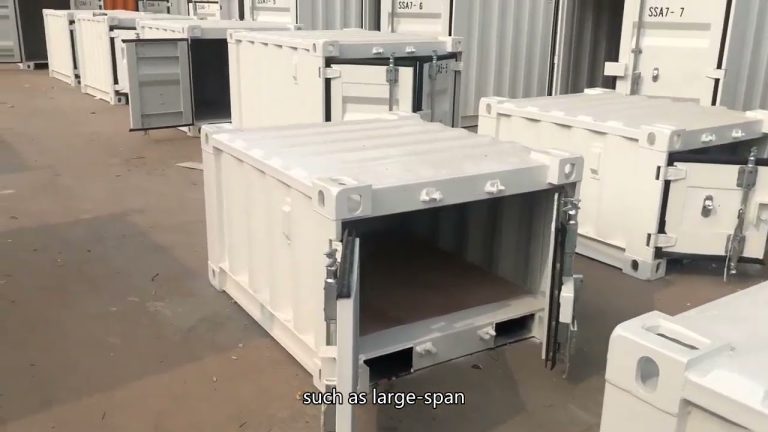Study on energy efficiency of container houses in temporary data centers
Inhoudsopgave
Benefits of Implementing Container Houses for Energy Efficiency in Temporary Data Centers
Container houses have become a popular choice for temporary data centers due to their energy efficiency and cost-effectiveness. A recent study conducted on the energy efficiency of container houses in temporary data centers has shed light on the benefits of implementing this innovative solution.
One of the key findings of the study was that container houses are highly energy-efficient compared to traditional data center buildings. This is primarily due to the compact design of container houses, which allows for better insulation and reduced energy consumption. In addition, container houses are often equipped with energy-efficient heating, ventilation, and air conditioning (HVAC) systems, further contributing to their energy efficiency.
Another advantage of using container houses for temporary data centers is their modular nature. Container houses can be easily transported and assembled, making them ideal for temporary data center deployments. This flexibility allows data center operators to quickly scale up or down their infrastructure based on demand, reducing the need for large, energy-intensive buildings that may not be fully utilized.
Furthermore, the study found that container houses are more environmentally friendly than traditional data center buildings. Container houses are often made from recycled materials, reducing the carbon footprint of data center operations. Additionally, the compact design of container houses minimizes the amount of land required for data center deployments, further reducing environmental impact.
In terms of cost savings, the study revealed that container houses are a cost-effective solution for temporary data centers. The initial investment in container houses is typically lower than that of traditional data center buildings, making them an attractive option for organizations looking to reduce capital expenditures. Additionally, the energy efficiency of container houses results in lower operational costs over time, further contributing to cost savings.
One of the key takeaways from the study is the importance of proper planning and design when implementing container houses for temporary data centers. It is essential to consider factors such as location, climate, and power requirements when designing a container house data center to maximize energy efficiency and performance. By carefully planning and designing container house data centers, organizations can achieve significant energy savings and operational efficiencies.
In conclusion, the study on the energy efficiency of container houses in temporary data centers highlights the numerous benefits of implementing this innovative solution. From reduced energy consumption and environmental impact to cost savings and flexibility, container houses offer a compelling alternative to traditional data center buildings. By leveraging the energy efficiency of container houses, organizations can optimize their data center operations and contribute to a more sustainable future.
Case Studies on Energy Efficiency Measures in Container Houses for Temporary Data Centers
Container houses have become a popular choice for temporary data centers due to their flexibility and cost-effectiveness. These structures are designed to be easily transported and assembled, making them ideal for temporary use in various locations. However, one of the key considerations when using container houses for data centers is energy efficiency. A recent study conducted on the energy efficiency of container houses in temporary data centers sheds light on the potential benefits and challenges of using these structures for this purpose.
The study focused on several key aspects of energy efficiency, including insulation, ventilation, lighting, and cooling systems. Insulation is crucial in maintaining a stable indoor temperature and reducing the need for heating or cooling. The study found that container houses with high-quality insulation materials performed better in terms of energy efficiency compared to those with poor insulation. Proper ventilation is also essential to prevent overheating and ensure a healthy indoor environment. The study recommended the use of energy-efficient ventilation systems to improve air circulation and reduce energy consumption.
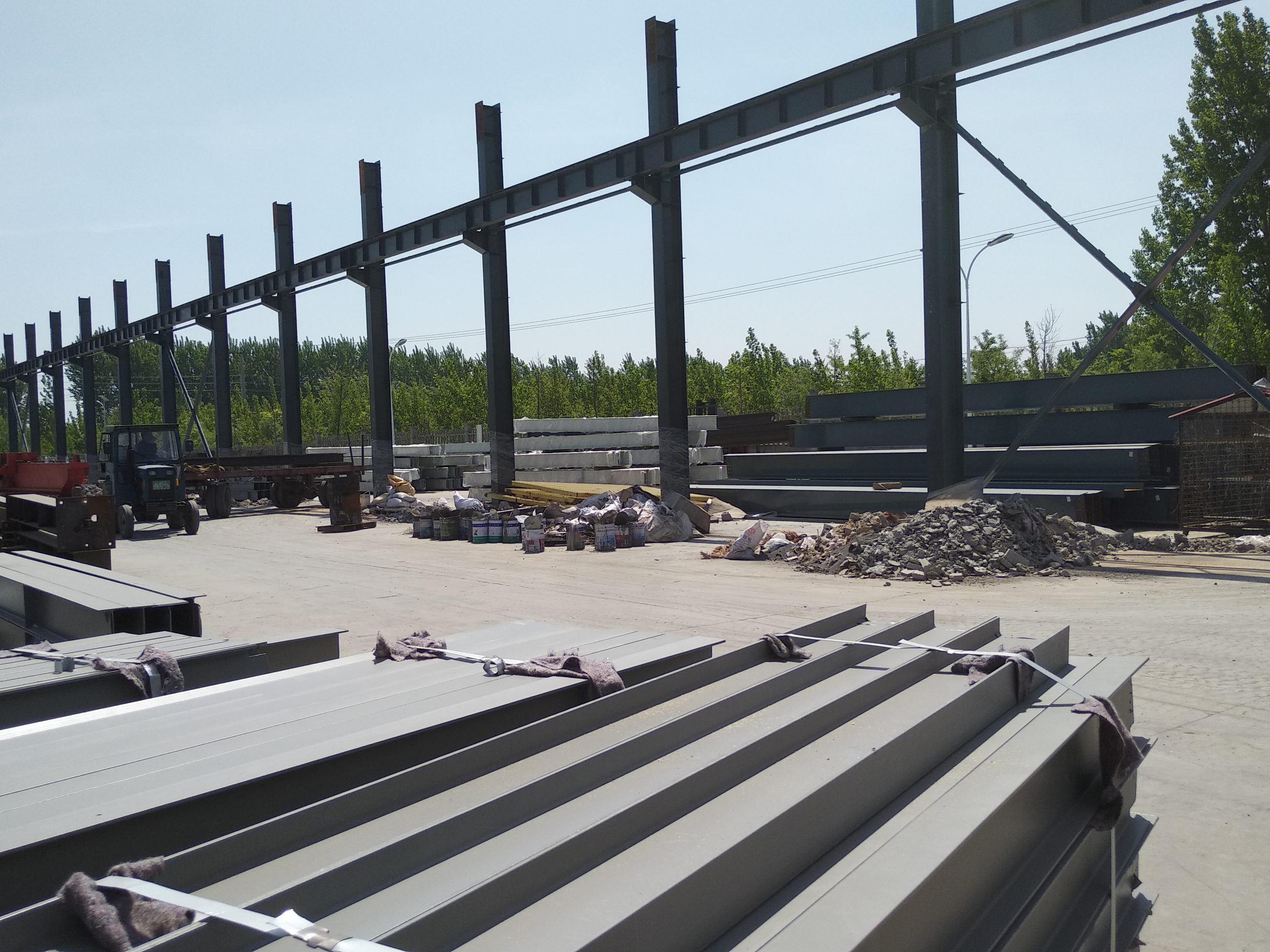
In terms of lighting, the study found that LED lights are the most energy-efficient option for container houses. LED lights consume less energy and have a longer lifespan compared to traditional incandescent or fluorescent lights. By using LED lights, data center operators can significantly reduce their energy consumption and operating costs. Additionally, the study recommended the use of natural light whenever possible to further reduce the need for artificial lighting.
Cooling systems are another important factor in the energy efficiency of container houses for data centers. The study found that container houses with efficient cooling systems, such as air conditioning units with high SEER ratings, were able to maintain a comfortable indoor temperature while minimizing energy consumption. Proper maintenance of cooling systems is also crucial to ensure optimal performance and energy efficiency.
Overall, the study concluded that container houses can be a viable option for temporary data centers, provided that energy efficiency measures are properly implemented. By focusing on insulation, ventilation, lighting, and cooling systems, data center operators can significantly reduce their energy consumption and environmental impact. However, it is important to note that energy efficiency is not a one-size-fits-all solution and may vary depending on the specific requirements and location of the data center.
In conclusion, the study on the energy efficiency of container houses in temporary data centers highlights the importance of implementing energy efficiency measures to reduce energy consumption and operating costs. By focusing on insulation, ventilation, lighting, and cooling systems, data center operators can create a more sustainable and environmentally friendly infrastructure. Container houses offer a flexible and cost-effective solution for temporary data centers, but it is essential to prioritize energy efficiency to maximize their potential benefits. Further research and innovation in this area are needed to continue improving the energy efficiency of container houses for data centers.

